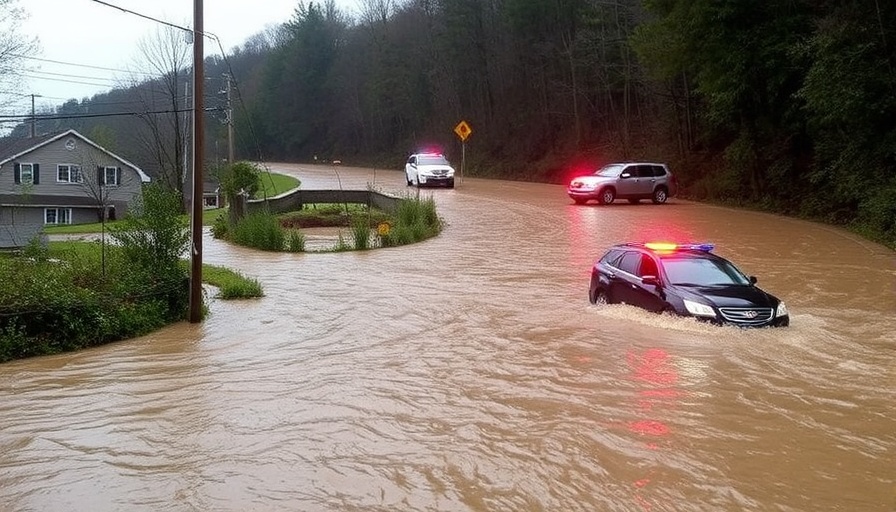
Puerto Rico's Climate Lawsuit Dismissed: A Shift in Strategy
In a surprising turn of events, Puerto Rico has voluntarily dropped its climate lawsuit against major oil companies. This decision, revealed in legal filings, occurred just two days after the U.S. Justice Department, under the Trump administration, filed lawsuits against Michigan and Hawaii, aiming to halt state-level litigation against oil firms. Puerto Rico's lawsuit was part of a push by numerous U.S. jurisdictions seeking accountability from fossil fuel companies for their alleged role in the climate crisis.
Backdrop of the Lawsuit
The lawsuit, filed in July 2024, accused oil and gas giants of misleading the public about the environmental risks tied to their products. However, the recent actions by the Trump administration, which labeled these lawsuits 'frivolous', have sent a strong message to states considering climate litigation. The Justice Department claimed that federal laws, specifically the Clean Air Act, limit state powers to regulate greenhouse gases.
Local Political Dynamics
Political dynamics in Puerto Rico appear to have influenced this decision significantly. The territory's recent election of a Republican governor, Jenniffer González-Colón, and her appointment of Janet Parra-Mercado as attorney general align more closely with Trump's agenda, which could explain the sudden dismissal following federal action. In this light, many are questioning whether Puerto Rico's withdrawal from the lawsuit reflects a changing stance and how this might affect future climate action within the territory.
The Bigger Picture: Pushback Against Climate Lawsuits
Recently, climate-accountability lawsuits have come under increased scrutiny, especially from pro-fossil fuel groups. For instance, the American Energy Institute (AEI) has aggressively campaigned against such litigation, framing it as a threat to economic stability in regions like Puerto Rico. AEI CEO Jason Isaac articulated concerns that these lawsuits could financially cripple energy companies and impede progress towards a reliable energy grid. This perspective seems to resonate with some local leaders who fear potential negative implications for their communities.
Historical Context and Emerging Trends
This dismissal is reflective of a broader national trend where legal actions aimed at holding fossil fuel companies accountable are increasingly facing governmental pushback. In fact, various lawsuits from different states have seen a similar fate, with some jurisdictions also opting to withdraw cases amid political shifts and federal pressure. For example, another case from California was recently dismissed under similar circumstances.
Implications for Homebuyers and Investors in Dumfries
For homebuyers, sellers, and property investors in Dumfries, the implications of Puerto Rico's decision are multifaceted. With climate change escalating, understanding how local and national policies affect property values and investment potential is crucial. Climate lawsuits often address the risk of flooding and extreme weather events, which can impact property insurance availability, market demand, and ultimately the sustainability of investments in vulnerable areas.
Understanding the Stakes
It's essential for potential and current property investors to remain informed about climate change's evolving implications on the real estate landscape. As Puerto Rico navigates its challenges with climate accountability, investors should consider advocating for sustainable practices that bolster market resilience and appeal in the face of prolonged environmental concerns.
Call to Action
In light of recent developments, homebuyers and investors in Dumfries are encouraged to stay proactive in understanding the local real estate market's challenges and opportunities. As climate conditions continue to present both risks and rewards, exploring sustainable property options can contribute to a more resilient future.
 Add Row
Add Row  Add
Add 





 Add Row
Add Row  Add
Add 








Write A Comment